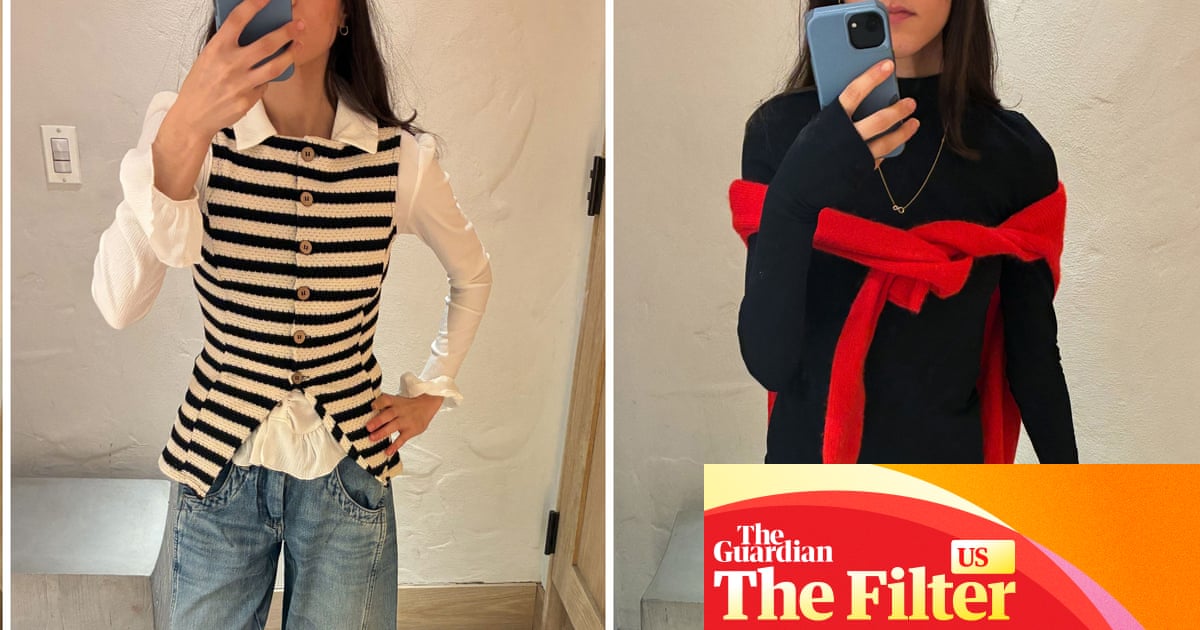When I first suggested knocking on strangers’ doors and offering to write a poem for them, for nothing, on any subject of their choosing, the responses weren’t exactly enthusiastic. I’m from Heaton in Newcastle upon Tyne, where the project began. One day, I happened to mention it to a taxi driver as I travelled through Byker, near Newcastle city centre. “It would never work round here,” he said, pointing out of the window.
The building he was pointing to was the Byker Wall, an estate near where I live – I’ll admit it’s not the first place you’d visit on the hunt for a bard. When I told my friends and colleagues that I was planning to try Door-to-Door Poetry here, they all made exactly the same sound – a Marge Simpson-esque expression of unease. I mentioned it to a trainee police officer who lived close to me. “Take some pepper spray and don’t carry any valuables,” she advised soberly. Having grown up on a council estate myself, I wasn’t as apprehensive as I might have been. But warnings like this still did a lot to rattle my nerves.
When I arrived at the Byker Wall, the first person to answer was a man called Carl. He had bright blue eyes, a peaked baseball cap, and was wearing a Newcastle shirt. I performed an introductory poem for him while he stared back at me, completely expressionless. When I got to the end, I explained I could write him a poem about anything he wanted.
“So what is important to you?” I asked. “Getting wrecked,” Carl replied. I could tell from the off that this was a “testing the boundaries” thing. I told Carl I would be more than happy to write a poem for him about getting wrecked. Whatever was important to him, really.
Something in his face changed. “Will you write me one about how much I love my girlfriend?” he said. The conversation had gone from hardcore to sentimental in about three seconds.
I wrote a poem for Carl about his and his partner’s first date. He told me he really enjoyed it. He was one of seven people who asked for a poem in the Byker Wall estate. And it was this hugely positive experience that set me off on a journey, one that would introduce me to a great many more residents in social housing and council estates across the land.
In Boston, Lincolnshire, which has been dubbed England’s “most divided” town, I met five people on a street called Taverner Road. One of them was a woman named Pauline, who asked for a poem about “banger racing”, a sport that involves souping up secondhand cars and then crashing them into each other at great speed. I didn’t know anything about banger racing until that point, so the next day I went to watch some at Skegness Raceway before writing Pauline’s poem.
On an estate in Moss Side, Manchester, I met a man who asked to be referred to as “the specialist”. I showed him my introductory poem and he shook my hand. “You’ve come to the right place,” he said. He told me what I was doing was freestyle, in the true sense of the word, before explaining that I resembled an 18th-century time traveller. I wrote him a poem about that.
I visited estates across the country, and the response was always the same. Whether people were existing fans of poetry or not, so many of them stopped to listen, to chat about their lives and to gratefully receive the resulting poem.
Towards the end of my adventures, in Jaywick, Essex – often described as the “most deprived town” in England – I met Sarah, a woman with red hair and tattoos on her arms. She lamented the fact that the media only seemed to visit Jaywick to write a terrible story about it, and asked for a poem about its best side instead. This request led me to discover the beautiful beaches, as well as a fantastic fish and chip shop called Ozzy’s.
The whole experience got me thinking about why we write poetry and who it is really for. In a world in which poetry is still seen by many as opaque and inaccessible, we discuss innovative ways to engage people with it. But it seems to me that another, more important issue is who we imagine will read the poem when it is finished. And how we want them to feel once they have.
Trying my Door-to-Door Poetry on a range of estates forced me to question some of my own preconceptions. It invited me to consider the fact that, in any given place, there is always a wide variety of people; that when we take the time to get to know someone, especially someone who lives their life differently to us, we are often embarking on a journey of self-discovery too. In a world that can feel increasingly divided and polarised, I am grateful to have had the chance to learn this – from house to house, poem to poem and door to door.
On Visiting Jaywick
Yes, Jaywick, I’ll confess my reservations.
Your name I’d heard, your headlines I had read.
I took the bus, explained my destination,
The driver fixed me with a look of dread.
But on that evening, walking on your beach,
The sky was clear, the sun bobbed on the waves,
The soft and golden sand was at my feet,
Dog walkers smiled and went about their day.
And honestly? It took me by surprise,
Your natural beauty shook away my blues,
I couldn’t help but pause and wonder why
This scene had never featured on the news.
For certain as each summer fades to brown,
The tabloids yearly come here for a snap
Of what they’ve dubbed a run-down, worthless town
(Though who’s in charge of it, they never ask).
They hunt for weeds and windows that need fixed,
They hover round like poachers in the road,
But do they stay for views as grand as this
Before they pen their articles of woe?
Because I know you have your problems, Jaywick.
But people here are welcoming and kind.
And Ozzy’s does the perfect fish and chips,
Next to a pub that’s called Never Say Die.
But that won’t make the front page, nor the sea
As it glitters here above your coastal shelf,
When papers only deal in misery,
I’m pleased I found the truth out for myself.
-
Rowan McCabe’s book The Door to Door Poet: My Adventures Across England will be published on 18 September

 3 months ago
116
3 months ago
116

















































